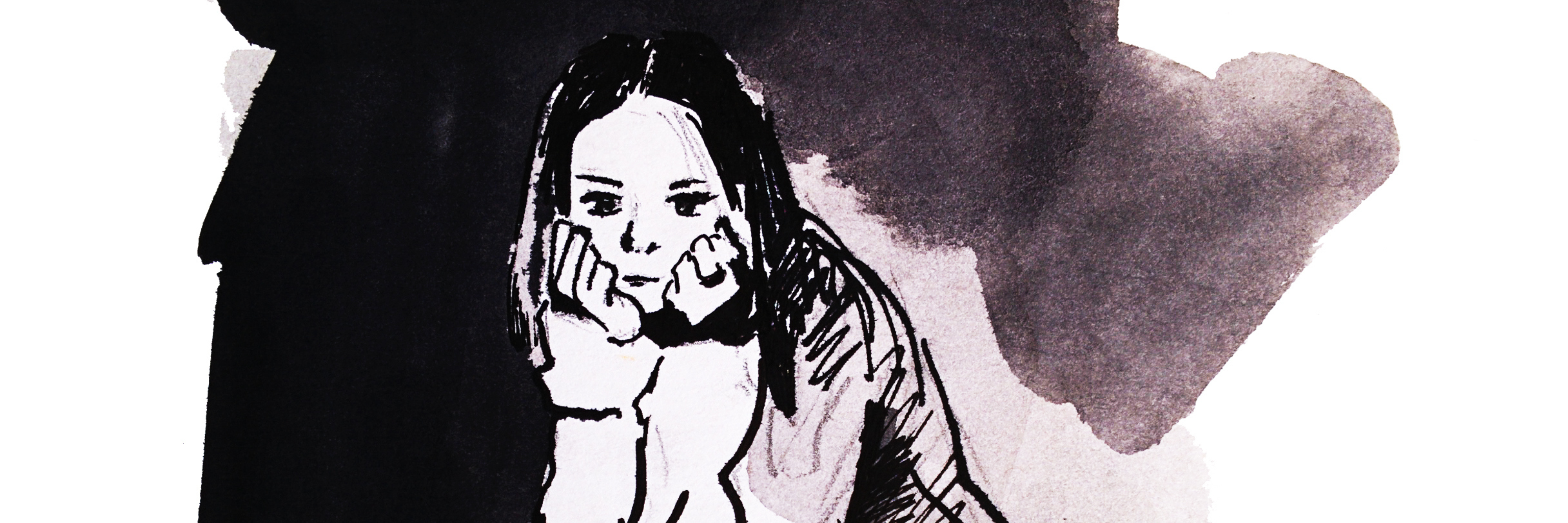How can we hope to be believed, when we intentionally lie? It’s unfair to be upset when others don’t understand the severity of our pain or struggles, when we are the ones withholding the reality from them. How can we hope to raise awareness, when we, the ones most aware, are keeping it inside?
I’m not saying that when any stranger, or slight acquaintance, asks how we are doing, we should give lists and details about our pain levels, diagnosis specifics, and go on and on about our struggles of the day. However, it is possible to maintain boundaries and the expectations of polite society, without lying. We could say, to a stranger, “Today is a pretty good day for me, thanks! You?” Or, “It has been one of my rougher days, thank you for asking. How are you?”
I say those specific things quite often. Usually it leads to a pleasant conversation and getting to know someone else better, because everyone experiences and understands good days and bad days. Good days and bad days, pain and suffering, aren’t unique to only people with illness – it’s s human condition. We all understand hard times. Our hard times just have different wrappings.
Saying you’re having a hard day is not some awkward sentence that will cause chaos. In fact, it might even cause that person to share their own struggles. Then we can support each other.
With people who are huge parts of our lives, I think it’s even more important to be honest. If we want our friends and loved ones to be understanding, supportive and informed, it is our job to let them know how we are doing and what we need. They aren’t mind readers.
I don’t think it’s fair to state that no one understands, no one cares, no one can handle it, if we aren’t giving them a chance. How can they understand what we aren’t telling them? Yes, there will be people who can’t handle it, who deal poorly and cause hurt. But there will be people who can handle it and be an enormous help, if they know the situation.
I think it can be more comfortable to lie. Then we can pretend for a while that we are fine. Or we don’t have to talk about our struggles, we can escape them for a bit. We don’t have to support someone else who emotionally struggles with the truth we’ve shared. We don’t have to see the pain our hurt causes them. Omitting specifics on occasion, without lying, isn’t harmful, but continuously lying and not stating the truth of what we experience hurts all of us.
I think it plays a large role in why we all feel like people don’t understand. They don’t understand the realities of chronic illness and pain because a lot of us are hiding it. Pretending we are fine. Keeping it to ourselves. So, if someone “knows” someone else with our disease, and they say, “My friend has this and is fine!” Are they truly fine? Does this person truly know what their friend goes through? There’s a definite possibility that their friend keeps the harsher realities from them. This is why I say lying can hurt us all. All of these micro-moments add up to many people being told the same thing, “I know someone with this disease and they are fine.”
Obviously, illness severity differs, and it could truly be that their friend is relatively fine, but with the prevalence of how often we say we are “fine” when we aren’t, I think it’s highly likely that the person just isn’t fully informed.
I’m not saying to pour our life stories and all of our hurt all over every person we see, I’m just suggesting we all try to be more honest in order to slowly change the overall perception of just how “fine” we all are.
We want to hear your story. Become a Mighty contributor here.
Thinkstock Image By: Maria Kuznetsova

